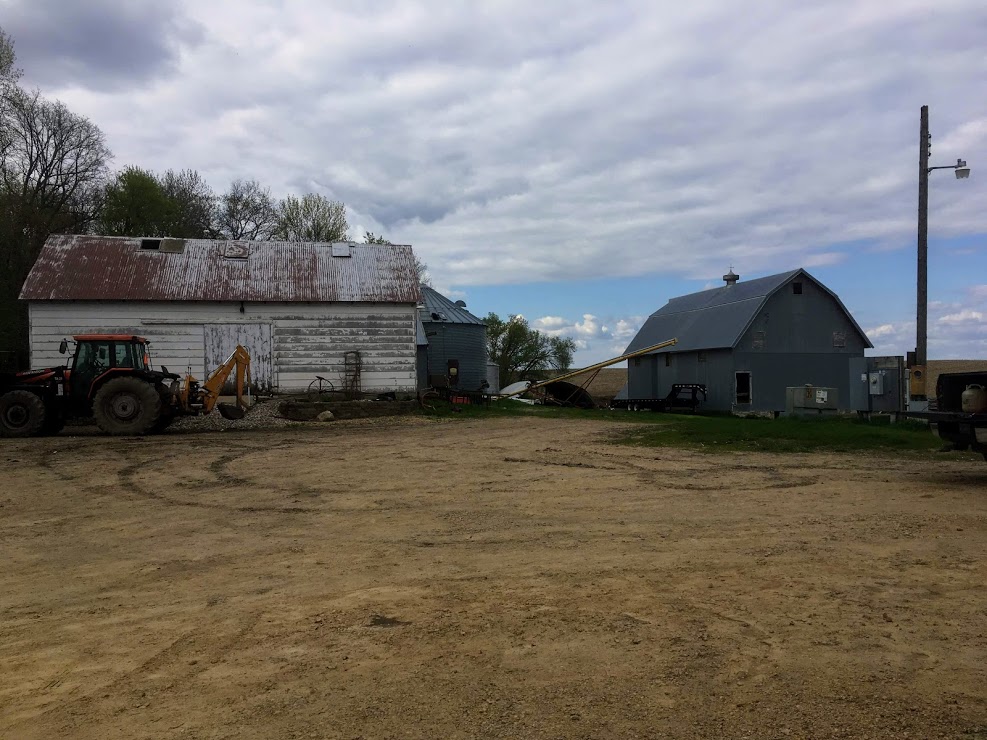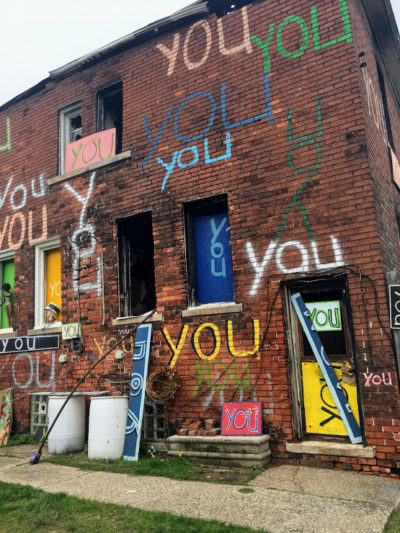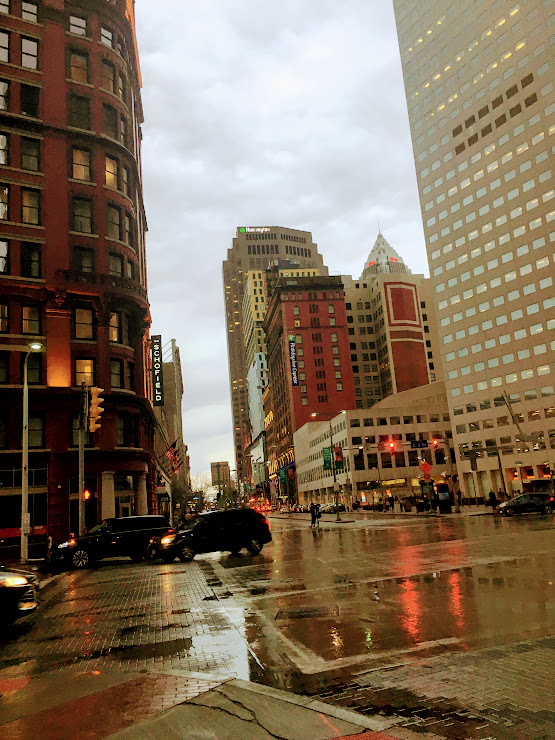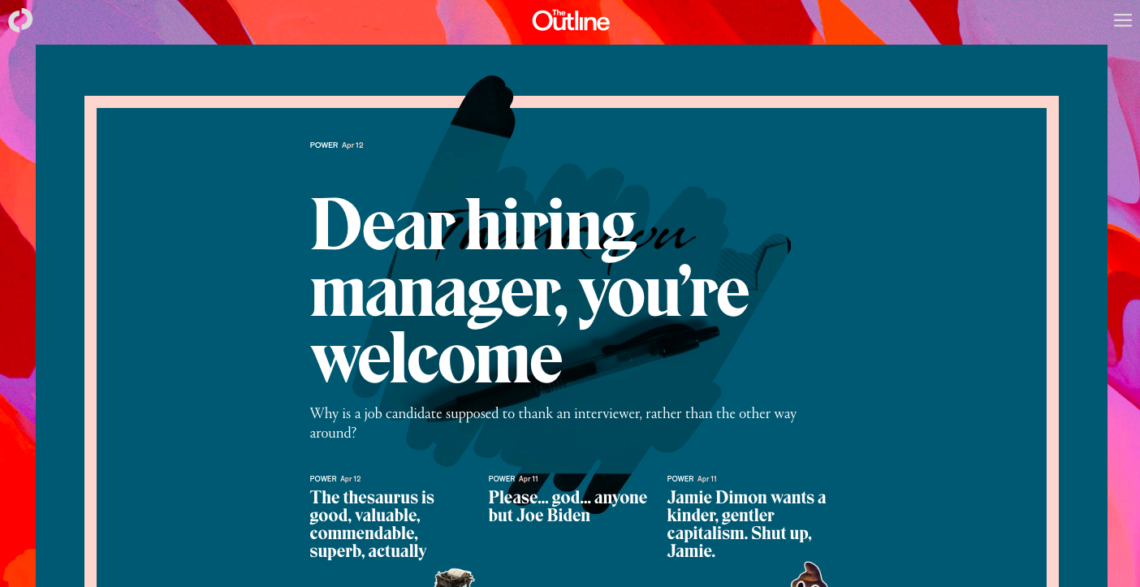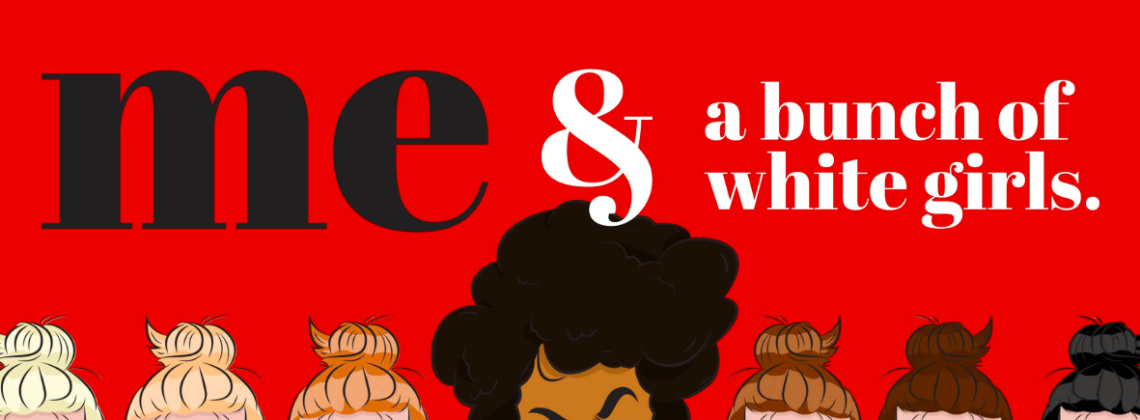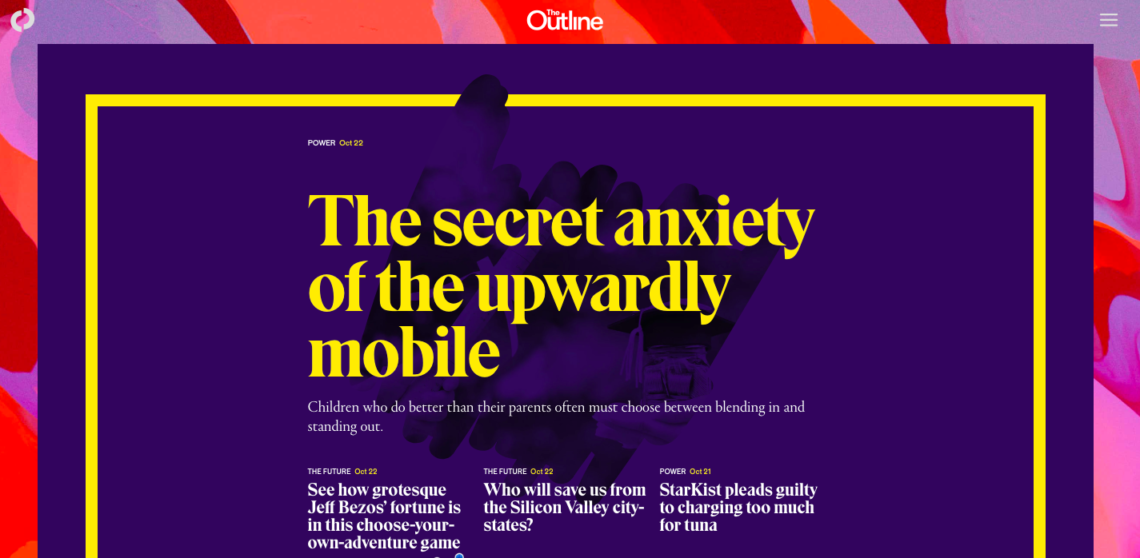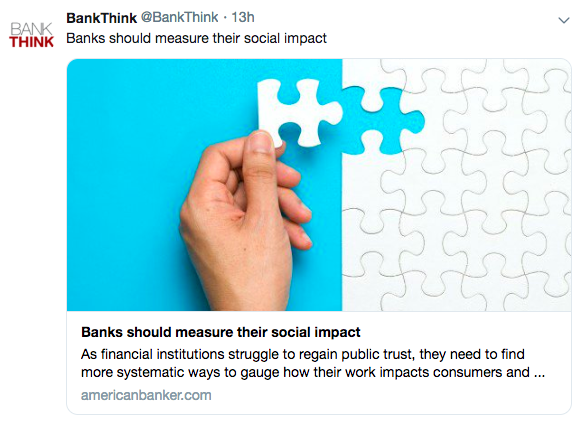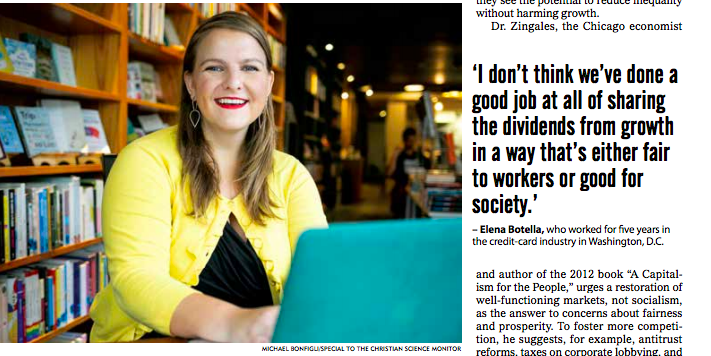I’m now on Day 13 on my road trip at my aunt and uncle’s farm in Blue Earth County, Minnesota — today is the first day of the planting season for corn. It’s getting a late start because of all the rain. My next stop will be in Iowa. If there’s one comment that has come up in most of my interviews with the people who wished they hadn’t borrowed money on a credit card, it’s that they used the card for things they realized they “didn’t really need.” That word “really” hints at the notion that there is actually a lot of ambiguous space in between want and need.…
-
-
Day 2: What is opportunity?
I’m now on Day 9 in the Twin Cities, by way of Milwaukee, Springfield, St. Louis, South Bend, Chicago, and Cleveland, but this story will talk about Day 2, Detroit. My first stop was the Heidelberg Project, an art installation where Tyree Guyton has used a city block to reflect on time, hope, and community. Guyton grew up on Heidelberg Street, and returned to it as an adult to find vacant lots and a neighborhood where poverty is deepening. Detroit is a city whose population is only 40% of what is was at its peak. There is no way you can drive around Detroit, at least the neighborhoods where I…
-
My plan to see America. Day One: Cleveland
I left yesterday on a cross-country road trip. I’ll be back in Washington, D.C., in mid-July for a day or two, before looping up to New England and then back down. Part of the challenge of this type of trip is knowing that you can live a place for years without understanding it. I grew up in Charlotte, North Carolina, and lived there until I went to college in Durham. If you’ve seen the Hunger Games films, Charlotte is literally “The Capital,” by which I mean that’s where “The Capital” was shot. If you drive between South Charlotte where my parents live and “Uptown Charlotte” (what you would call “Downtown”…
-
What a job search custom tells us about the death of free-market egalitarianism
In the Wealth of Nations, Adam Smith imagined a pin factory with ten workers, and predicted that capital owners would be on the factory floor doing manual labor alongside their employees. Instead, Amazon packs thousands of workers into each of its warehouses, and some of those workers reportedly pee into plastic bottles for fear of getting disciplined if they “waste time” on bathroom breaks. Meanwhile, Jeff Bezos is a millionaire, 151,000 times over. In my latest essay for The Outline, I talk about how the custom that job candidates should send thank-you notes to their interviewers fits into a long history of workers being placed socially and culturally beneath management.…
-
“The wealth continues to circulate within white cultures and white groups:” Reflections on diversity and inclusion in banking
In last week’s episode of a Me and a Bunch of White Girls, Laura, a diversity and inclusion consultant, described how her experiences in the financial sector motivated her to tackle D&I work: America has so many problems, and this [lack of diversity] is one of them. We continuously keep these spaces so white. [….] Especially in the financial industry, there’s not enough black and brown people. The wealth continues to circulate within white cultures and white groups. Black and brown people aren’t making it into these spaces to influence where the money flows, or to get the money themselves. Obviously, those who want to dismantle capitalism itself would critique…
-
Cryptocurrencies are pointless. You should pay attention to them anyway.
I have never been hyped up about Bitcoin, the “blockchain,” or cryptocurrencies. The basic premise behind Bitcoin is that it’s a currency you can send anywhere nearly instantly. The computing power of the millions of bitcoin “miners” is used to solve math problems which create a secure record of every Bitcoin transaction – that record of transactions is called the “ledger.” The miners get paid for keeping the system running by receiving a share of the small amount of new Bitcoins that are being continuously released. Anyone can see the code, and everything is “decentralized” — instead of a single central bank or government holding the power, lots of people participate…
-
What’s it like to make it from one rung on the economic ladder to the next?
When we talk about economic mobility (or the lack of it) in the United States, it’s easy to get lost in the statistics — missing what life is like for those who make it from one rung of the economic ladder to the next. As you gain new opportunities, you face new conflicts — in my piece for The Outline, I talked to first-generation college graduates to understand what it’s like to bridge ‘different worlds.’ It goes without saying, but you are probably either a colleague or employer, educator or classmate of those who grew up in very different economic circumstances than you — and to create opportunity, you have…
-
One in four “gig economy” workers would take a normal job at a lower pay
In a recent working paper for the Federal Reserve of Boston, Anat Bracha and Mary Burke find that 26% of gig economy workers would accept a lower hourly wage to be able to work hours at a formal job instead of in the informal economy — even if the formal job didn’t come with benefits. While informal and ‘gig’ jobs are sometimes presented as offering greater flexibility and autonomy, Bracha and Burke’s findings strongly suggest that many would gladly ditch gig work in favor of greater predictability. Their working paper also finds that the census districts with the highest rate of informal and gig labor force participation have the lowest…
-
Banks should measure their social impact
In a column for the American Banker, I’ve shared my thoughts on the ‘why’ and ‘how’ of using analytics to make banks more socially responsible.
-
‘Faces of a new economy’ – my thoughts on the economic order
Mark Trumbull writing for the Christian Science Monitor profiled millenials rebelling against “an economic system that puts profits over fairness and equality.” The word ‘socialist’ means different things to different people. To some, countries like Sweden, Norway, or Germany are ‘socialist’ — many Western European countries have higher taxes, particularly on their wealthier citizens, to support free or very low-cost college and healthcare, and stronger guarantees of meeting the basic human needs of their citizens. At the same time, those countries all have vibrant market economies. While some industries in those countries like healthcare or education may be fully public or operated with greater government intervention, citizens can also start and…
